Dating Apps Aren’t Working Anymore, Here’s Why
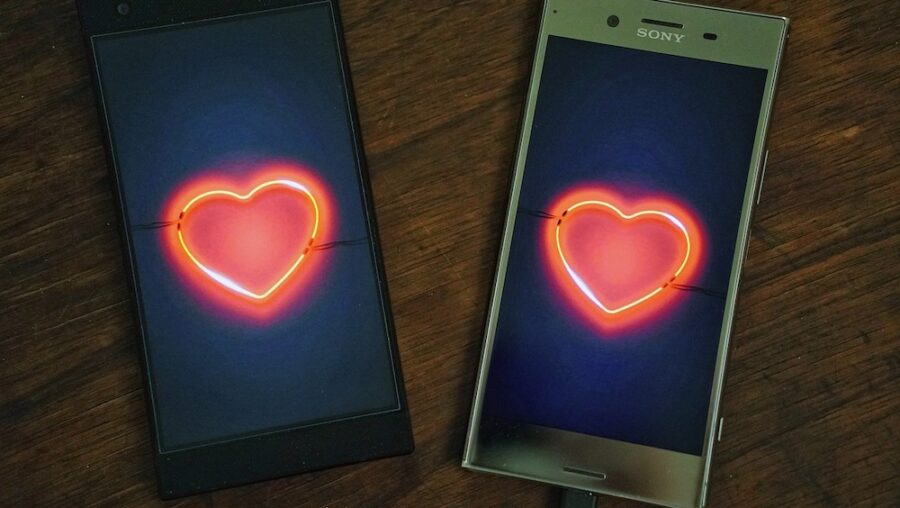
The masses are growing tired of dating apps and are starting to gravitate back to more organic dating scenarios, according to The Guardian. As of this writing, dating apps like Tinder, Bumble, and Match Group (who owns Tinder) have seen a steady decline in users.
Dating App Decline
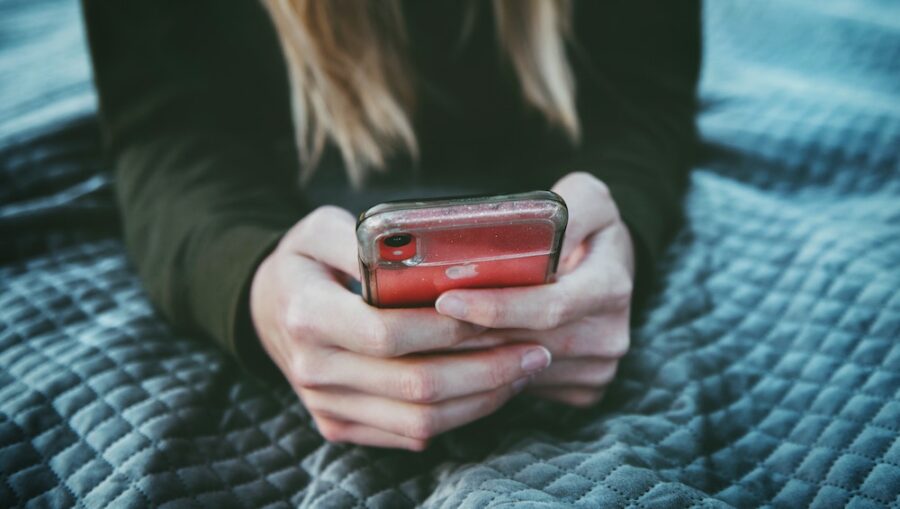
This dating app decline can be attributed to frustration with not forging a meaningful connection with a potential partner through their smartphone screens.
This desire for connecting on a face-to-face level has also ramped up since the pandemic lockdowns because people just want to get out there and interact in an analog setting rather than a digital one.
One of the main points of contention that is brought up over and over again about the use of dating apps is that they add an extra layer of administrative duties for people who are just desperately trying to meet their soulmate.
Mental Health Concerns
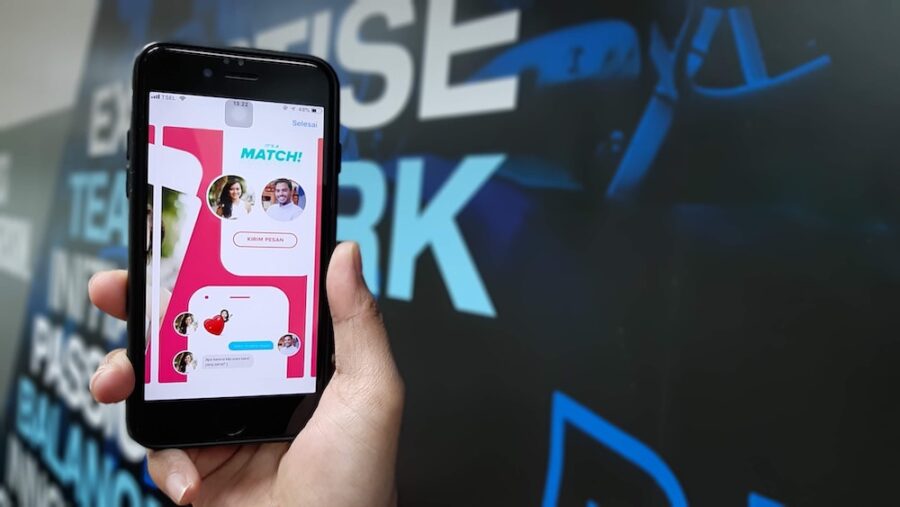
While it goes without question that some happy married couples met on dating apps, those who have not had success wonder if the constant swiping, meetups, and rejections are detrimental to their mental health.
Before dating apps popped up in the early 2010s, people would simply go out, mingle, chat, and maybe even get a date or two out of their efforts to interact.
More Traditional Approaches
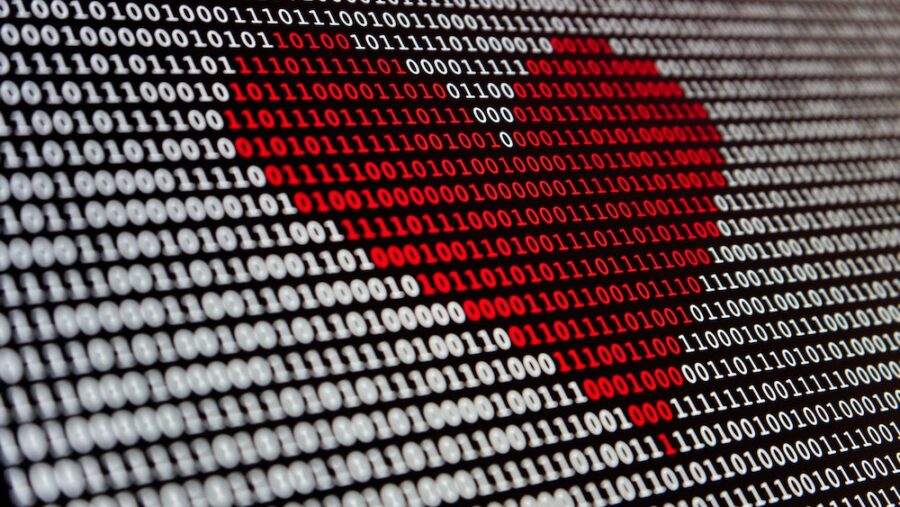
It seems like people are ready to log off their dating apps for good in favor of a more traditional approach. But since dating apps have created a social paradigm shift over the past decade, potential suitors who prefer apps like Tinder aren’t necessarily receptive to being approached by a stranger at the bar, which adds yet another obstacle to the equation.
In other words, though many men and women have grown tired of dating apps, some still prefer to have the ability to swipe away from somebody that they’re not interested in dating.
Dating App Fatigue
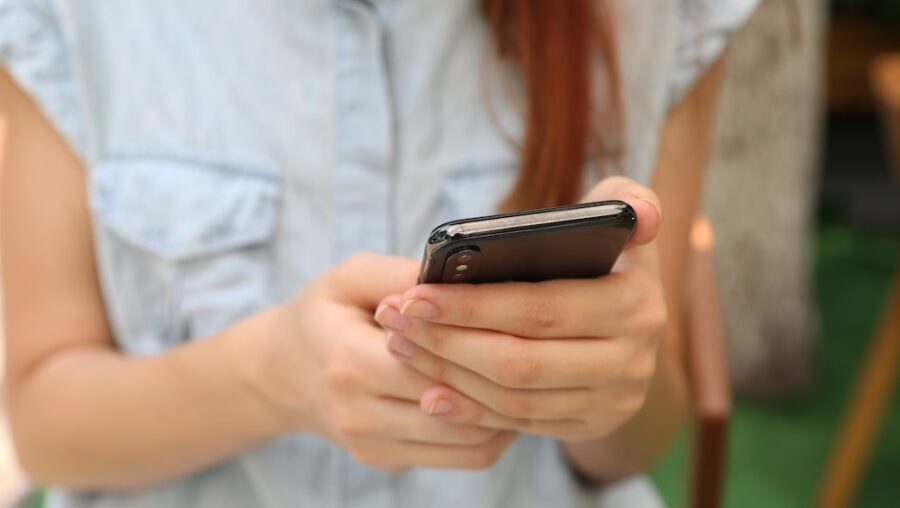
But on the same token, those who have grown tired of dating apps have expressed uneasiness about meeting up with a total stranger that they met for the first time online with the help of an algorithm.
Many people also feel that interacting on dating apps is inherently disingenuous because, unlike traditional face-to-face interaction, people have time to plan out what they’re going to say. And they can paint themselves in a more favorable light that may not reflect their true personality when two matches finally meet for the first time.
And they’re right to feel fatigued by the “first date before the first date” experience that dating apps deliver, especially if the date doesn’t go well.
Ghosting On Dating Apps
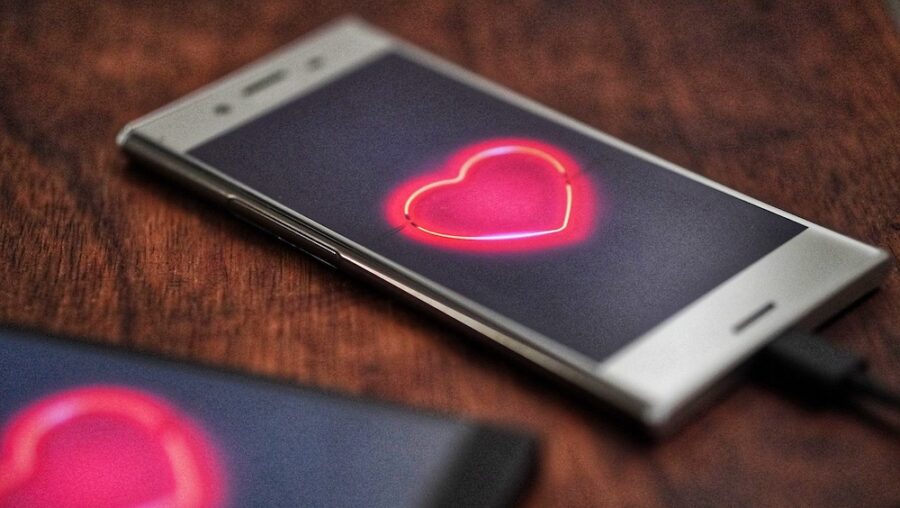
Ghosting is another issue that is prevalent with dating apps. One woman said that she was overwhelmed by how many people she matched with, and ended up ghosting them all, which could potentially lead to harassment from potential suitors who feel like they’ve been rejected.
Though having too many people interested in you on dating apps sounds like a good problem to have, it’s overwhelming for many people who might have dating anxiety.
Singles Mingling

In the physical world, without dating apps, people have a newfound appreciation for going putting themselves out there, going to meetups and events with friends, and mingling with other singles who are also looking for a partner.
Dating apps have undeniably transformed how we meet people over the past decade, and they’re likely here to stay.
But as users continue to put their phones down in favor of a more organic approach to dating, we may continue to see a decline in their use.












